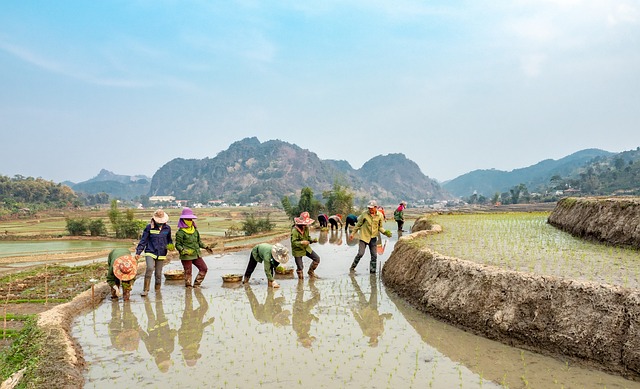
- The UN Trade and Development is urging a fundamental rethinking of global development strategies
- This is amid slow growth, high debt, and weak investment and trade deepening the divide between developing and industrialized nations
- UNCTAD says developing countries face ‘mounting challenges in navigating a sluggish global economy’
The UN Trade and Development (UNCTAD) wants a rethink of global development strategies amid slow growth, high debt, and weak investment and trade deepening the divide between developing and industrialized nations.
UNCTAD released this week its Trade and Development Report 2024: Rethinking Development in the Age of Discontent, which says that developing countries face “mounting challenges in navigating a sluggish global economy.”
This, despite opportunities for developing countries due to growth in South-South trade and demand created by minerals driving the energy transition.
UNCTAD believes that in order to address these challenges and support sustainable and inclusive growth, multilateral action and revised global financial architecture are essential.
The report points to the emergence of what it calls a “low normal” in worldwide economic growth, with rates expected to remain at 2.7% for this year and next year. This is down from an annual average of 3.0% between 2001 to 2019.
In the years leading up to the global financial crisis, the average growth rate was 4.4%, the UNCTAD report states, adding that the slowdown is more acute for developing economies.
Growth has fallen sharply from the developing countries’ heyday from 2003-2013, when they grew at a heady 6.6%. This slid to 4.1% between 2014 and this year.
At the same time, developing countries have seen their debt burdens bloat by 70% between 2010 and 2023, putting many at risk of needing to implement austerity measures that could undermine progress.
In the post-pandemic era, inflation has eroded purchasing power in the Third World, with household incomes falling by 8% since 2020. This has spurred widespread social discontent worldwide.
Monetary tightening to address inflation is not the way to go, says UNCTAD.
“Inflation has hit developing economies hardest, and has eroded households’ incomes, reducing their purchasing power. This has fed social discontent,” according to the UNCTAD report.
The solution? Coordinated action to stabilize prices, expand fiscal space, curb competitive practices, and promote exclusive growth.
Trade and Development Report 2024: Rethinking Development in the Age of Discontent highlights “significant changes” in the structure of global trade. It states that while goods still account for more than 75% of total trade, services trade has grown rapidly, expanding by 5% in real terms since last year. Service now account for one-fourth of gross global trade flows.
Developing economies, however, represent less than 30% of world services export revenues, says the report.
The UN body warns of the risks posed by the “financialization” of global commodity markets, pointing to the need for diversification strategies and tax policies to ensure resilience and sources of long-term finance.
Developing countries, says UNCTAD, “face tough policy trade-offs due to overlapping crises, including high energy prices, rising demand for health and social services, and increasing protectionism.”
Countries are therefore urged to pursue new development pathways focused on economic diversification, resilience and inclusive growth, veering away from purely traditional manufacturing-led exports.
UNCTAD Secretary-General Rebeca Grynspan said: “We must rethink, reform and revive.”
This translates to rethinking global development strategies, reforming the international financial system, and reviving the commitment to multilateralism to provide support for developing countries.
READ: UNCTAD’s global trade update shows positive signs despite challenges









